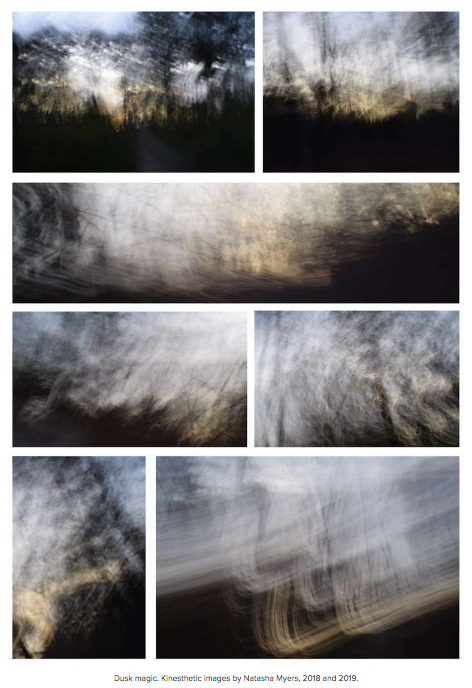Second screening is happening ow! Alongside an object of observation, "narco-aesthetics [narco estética]" is a critical ethnographic approach to the citizen subjectivities often rendered invisible by journalist and scholarly accounts of drug trafficking.
#Distribute2020
#Distribute2020
https://twitter.com/culanth/status/1258952329476390915

And by "ow!", i'm (@backup_sandwich) referring to being struck by the hard-hitting anthropology papers at the panel! definitely wasn't a typo!
Narcoaesthetics lay in the landscape as a palimpsest, argues Sydney Silverstein - this path was once a runway, for the planes that collected coca paste 

Narco power can be opaque, argues Marcos Mendoza, with distrust, uncertainty and intimidation being critical structures of feeling that build themselves into the environment. 

Jorge Núñez and Miller Rivera are now talking about researching incarcerality in Penal García Moreno, a prison in Quito, Ecuador - while Miller Rivera was imprisoned there for drug trafficking.
#Distribute2020
#Distribute2020
The Zoom Hallway for Narco-Aesthetics starts now! Join us!
El pasillo de Zoom de narco-estética empieza ahora! Únete!
#Distribute2020
El pasillo de Zoom de narco-estética empieza ahora! Únete!
#Distribute2020
@yarimarbonilla asks Jorge Nuñéz about how the legalisation of marijuana in Ecuador can avoid the US model, where those imprisoned for drugs are denied participation its legal economy, and Jorge Nuñéz describes new research into coalitions of ex-incarcerated peoples and growers
• • •
Missing some Tweet in this thread? You can try to
force a refresh








